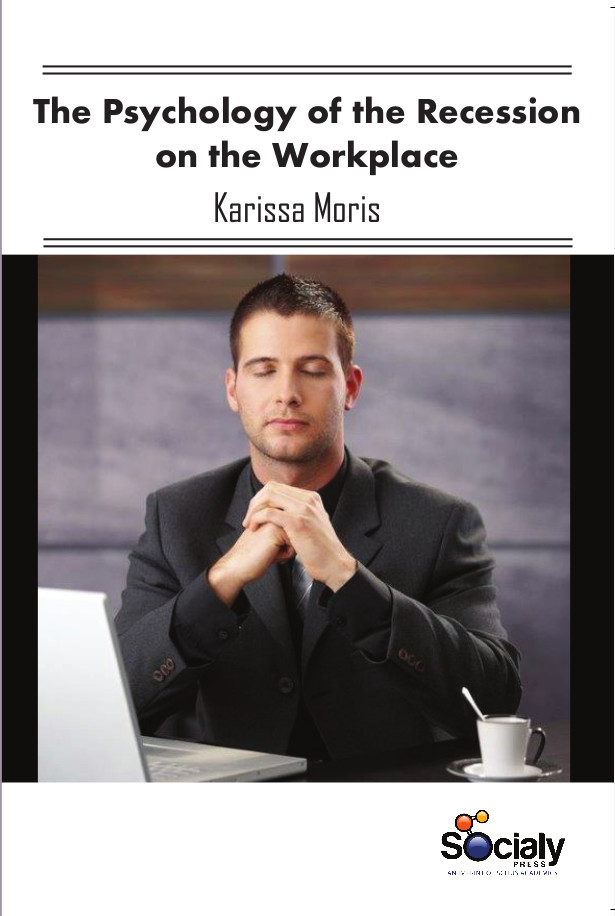The impact of the economic recession has had a deep psychological effect on the health and wellbeing of people throughout the world. This has been particularly deceptive in the workplace, where there has been major downsizings, increasing levels of job insecurity, fewer employees meaning heavier workloads, longer working hours, a more robust and bottom-line management style and work spilling over into people’s private lives creating work-life imbalance. An economic recession can lead people to feel more insecure about their financial situation. Financial insecurity is a form of chronic stress that increases risk for psychological distress. Managers need to be aware of how the larger world out there is affecting their staff, why they should be more attuned to employee conversations about money fears, separation and divorce, and how that has an impact on the organization. They should be extra vigilant, and able to identify red flags that someone is having personal difficulties. Managers can remind their team of the types of resources available to help them.
The Psychology of the Recession on the Workplace shows that accumulative job demands, inherent job insecurity and gradually more inadequate salaries make noteworthy contributions to psychological distress, family conflict and related behaviors. The contributors disclose that the recession has essentially changed the way employees observe their work and leaders. Little research has explored changes in workers’ psychosocial hazard exposures, work-related stress and stress-related absence associated with the onset of unprecedented severe economic recession. Knowledge of these could inform psychosocial risk management measures appropriate to austere economic times. The text tries to emphasize the possibility of a crisis originating in the economic recession and affecting not only individual life but also the whole society. It demonstrates adverse changes in psychosocial hazard exposures, work-related stress prevalence and stress-related sickness absence associated with the onset of an unprecedented economic recession. Its findings indicate the need for a concerted focus on psychosocial risk management activities during austere economic times as a means by which to promote worker health and minimize sickness absence. This highly regarded and timely book shows a significant increase in the mean levels of distress and dissatisfaction in the work place in recent years. This hardcover will be valuable for students and experts in the fields of organizational behavior and human resource management.













